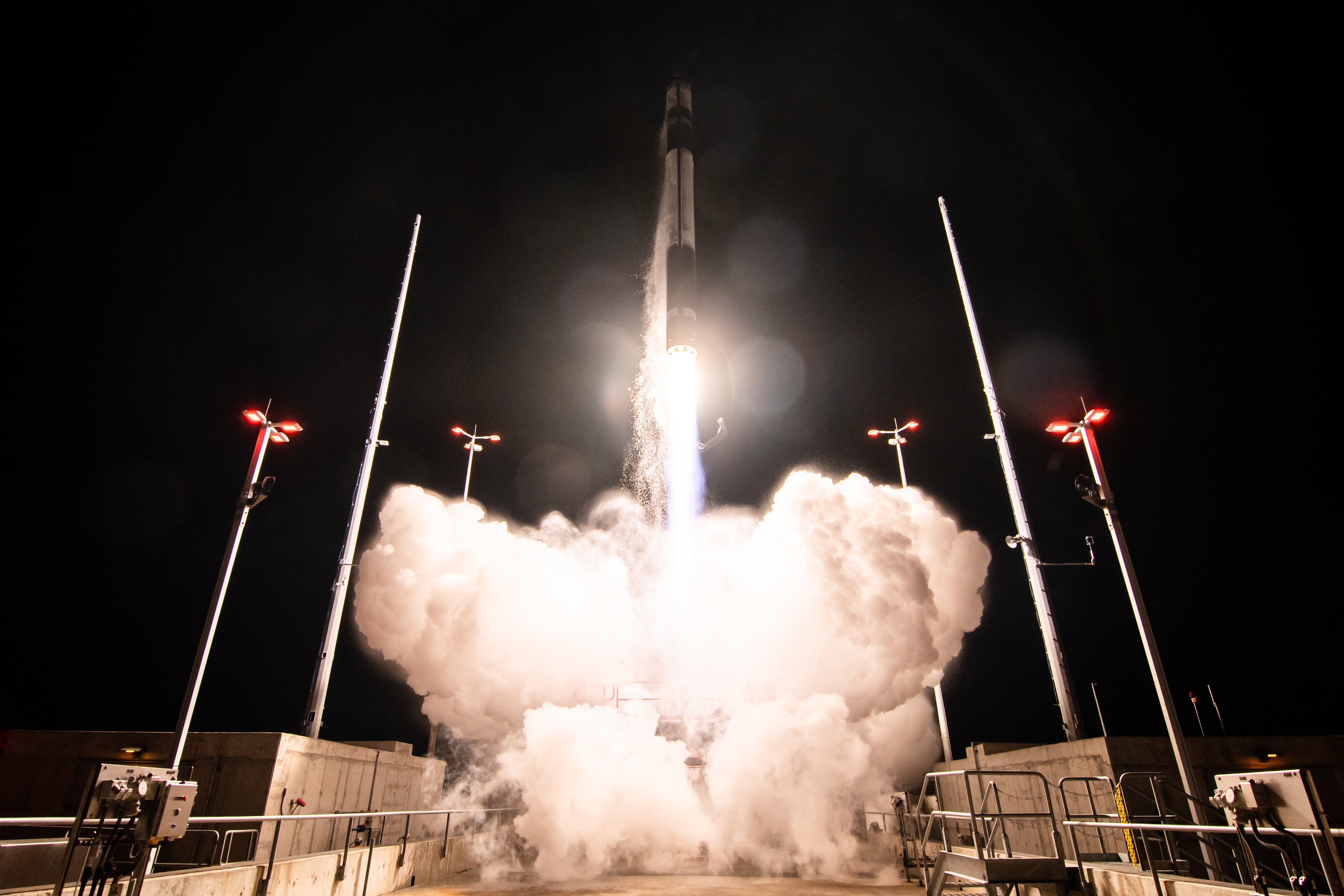WASHINGTON — The Army has awarded Dynetics, an applied science and information technology company, a contract to develop two small experimental satellites, known as tactical space support vehicles (TSSV), to enhance joint force operations.
The classified Gunsmoke-L program is operated by U.S. Army Space and Missile Defense Command/Army Forces Strategic Command (USASMDC/ARSTRAT)Technical Center. The two-year contract, plus an additional option year, to Dynetics is valued at $8.3 million. The contract falls under the umbrella of the Army’s the Design, Development, Demonstration and Integration (D3I), Domain 1 contracting tool, which steamlines the acquisition cycle of space, high-altitude and missile defense technologies.
The Gunsmoke-L satellites will carry next generation tactical space support payloads designed to operation in low earth orbit for a minimum of two years, and could last as long as five years. Dynetics will assist with on-orbit demonstrations using the Technical Center’s ground control system at Redstone to provide command, control, and communication with the satellites. The satellites are expected to be ready for launch in less than two years. Dynetics did not provide any information about the launch of the satellite.
The Army’s Gunsmoke-J satellites, the previous iteration, are expected to be used to “demonstrate advanced information collection in direct support of the Army combat operations," according to an Army fact sheet from September 2018. The Army discussed its Gunsmoke-G satellite experiment during a classified session of the DoD experiment review board in 2017.
Dynetics will perform hardware-in-the-loop testing and simulation at USASMDC/ARSTRAT Payload Development Laboratory at Redstone Arsenal in Huntsville, Ala., focusing on the 12 kilogram satellites' performance and reliability. At the end of the period, the two Gunsmoke-L TSSVs will be qualified and ready for launch. Work on the program will predominately be done at Redstone, but some work will also occur at Dynetics own facilities in Huntsville.
“We are looking forward to taking on this challenge of creating small satellites that will meet the Department of Defense’s space support goals," said Mike Graves, Dynetics space systems department manager and Gunsmoke-L program manager.
Dynetics has previously worked with NASA on other small satellite projects. The company helped develop NASA’s Fast, Affordable, Science and Technology Satellite, or FASTSAT, launched in November 2010.
Daniel Cebul is an editorial fellow and general assignments writer for Defense News, C4ISRNET, Fifth Domain and Federal Times.







